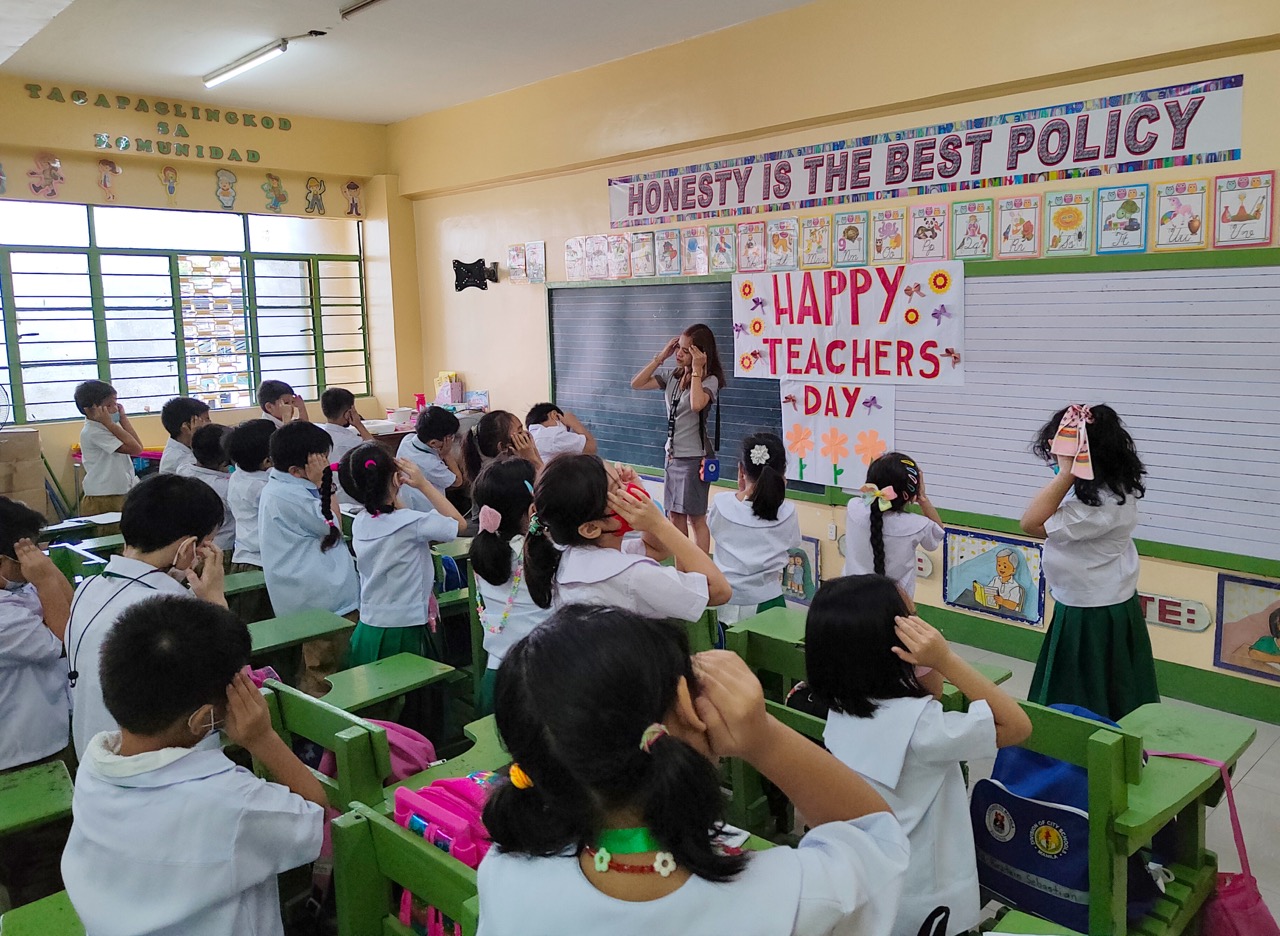
By Brian Campued
As the Philippines joins the global community in honoring the invaluable contributions of teachers in shaping the next generation’s leaders and professionals, the Department of Education (DepEd) highlighted various reforms in the education sector focused on upholding the welfare of our ma’ams and sirs.
In line with the directive of President Ferdinand R. Marcos Jr. to provide fair compensation for teachers who work overtime, Education Sec. Sonny Angara issued DepEd Order No. 26, s. 2025 or the guidelines on the payment of overtime services of teachers.
Released on Sept. 6, just in time for the celebration of the 2025 National Teachers’ Month, the policy guarantees just compensation for teachers who are often required to take on responsibilities outside teaching hours.
The order covers all DepEd-employed full-time teachers, including Alternative Learning System (ALS) teachers, under permanent, substitute, or provisional appointments in public elementary and high schools, as well as Community Learning Centers (CLCs).
Teachers are required to render eight hours of work per day—six hours for classroom teaching and two hours for ancillary tasks. Overtime pay will only apply to teaching-related assignments within school premises, such as those under the School Improvement Plan (SIP) or Annual Improvement Plan (AIP).
Overtime work also applies on weekends, provided that teachers have completed the required 30 hours of actual classroom teaching during the week; and on holidays and special non-working holidays within the school year, as long as authorized by school heads.
However, overtime work will only be authorized when “extremely necessary”, particularly when tasks cannot be completed during regular hours and their non-completion would affect school operations.
Teachers will receive 125% of their hourly rate for overtime on regular workdays, and 150% for services rendered on weekends, holidays, and special non-working days.
Moreover, at least two hours of overtime would be granted monetary compensation during weekdays. If the work lasts less than two hours, it will be converted into vacation service credits (VSC) instead.
For weekends, holidays, and special days, up to four hours of overtime will be paid. Excess hours will be credited as VSC.
Angara noted that the latest policy on overtime work of teachers complements previous agency reforms such as DepEd Memorandum No. 53, s. 2024, which streamlined educators’ workloads and clarified the payment of teaching overload.
DepEd noted that the order complements earlier reforms such as DepEd Memorandum No. 53, series of 2024, which streamlined teachers’ workloads and clarified the payment of teaching overload.
“Alam niyo po, I’ve been in the Department for a little over one year, at ‘di ko nakakalimutan ang pangunahing mga instruction ng ating mahal na Pangulo na si President Bongbong Marcos. Sabi niya, ‘Sonny, you must take care of our teachers, they are the heart of our educational system’,” Angara said during the 2025 National Teachers’ Month Kick-Off program in Koronadal City, South Cotabato last Sept. 7.
“Patuloy nating isusulong ang mga makabuluhang inisyatiba upang higit pang iangat ang dignidad at kapakanan ng ating mga guro,” the DepEd chief added.

More promotion opportunities for teachers
DepEd also assured public school teachers of faster and fairer promotion opportunities with the implementation of the Expanded Career Progression (ECP) System.
Under DepEd Order No. 24, s. 2025, new teaching ranks have been introduced—Teacher IV to VII and Master Teacher V. It also offers two career tracks Classroom Teaching and School Administration.
DepEd explained that educators may shift career lines once, subject to qualifications and assessments.
The ECP also establishes a reclassification process, allowing teachers to move up in rank once they meet the prescribed qualifications and competencies—meaning, they no longer need to wait for vacant posts to qualify for promotion.
“Ang malinaw na mensahe ng ECP: kung handa ka, may pagkakataon kang umangat. Hindi mo kailangang maghintay na may mabakanteng posisyon bago kilalanin ang iyong husay at sipag. Teachers can progress once they meet the standards, rather than be held back by structural limits,” Angara said.
The system is anchored on the Philippine Professional Standards for Teachers (PPST) and Philippine Professional Standards for School Heads (PPSSH), which emphasize teaching quality and leadership competence as bases for promotion.
Training and mentorship will also be prioritized for teachers preparing for leadership roles, while teachers within five years of retirement will be given priority for promotion or reclassification.
“The ECP honors the choices of teachers—whether to stay in the classroom or move into leadership—while ensuring every step up is grounded on merit and fairness,” Angara said.
-jpv
